The Talking Jesus report shows that non-Christians like Christians but not the church. It analyses how people come to faith and the conversations about Jesus between Christians and unbelievers.
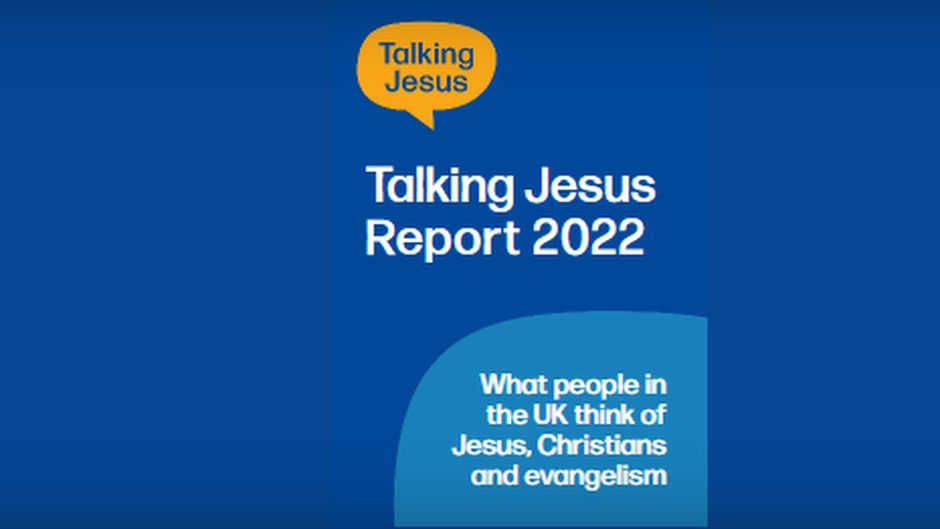
Talking Jesus, a report carried out by the UK Evangelical Alliance (EAUK), Alpha, HOPE Together, Luis Palau Association and Kingsgate Community Church, has been fully published.
The first edition of the report was released in 2015. The authors aim that “this research can bring confidence to the church and to all of us who follow Jesus and who long to see others come to faith”.
The research shows that most of the UK non-Christians surveyed (26%) go to Google to find out about the Christian faith, while “the next two top ways are reading the Bible (22%) and going to a local church (22%)”.
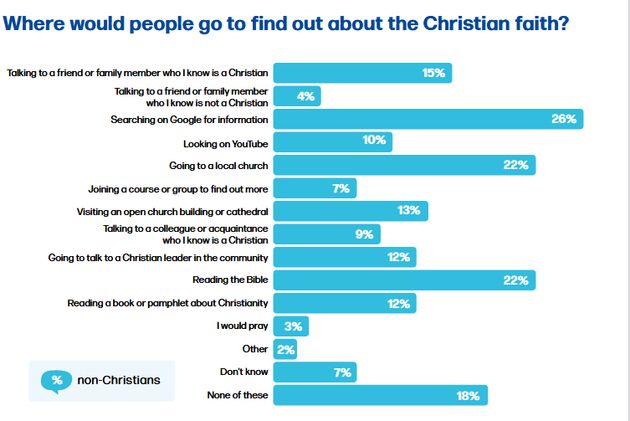
Furthermore, “those non-Christians aged 18-24 are the ones most likely to say they would talk to a friend or a family member who they knew to be a Christian
(21%)”.
The report also analyses what those non-Christians think about the Christians they know, and “the top traits were friendly (62%), caring (50%), good-humoured (33%) and generous (32%) […] Little has changed since 2015”.
However, regarding the church, the two main responses are that it is hypocritical (26%) and narrow-minded (26%).
Meanwhile, the non-practising Christians respondents have a more positive view of the church, 47% think that the church is friendly and only 12% said it was hypocritical or narrow minded.
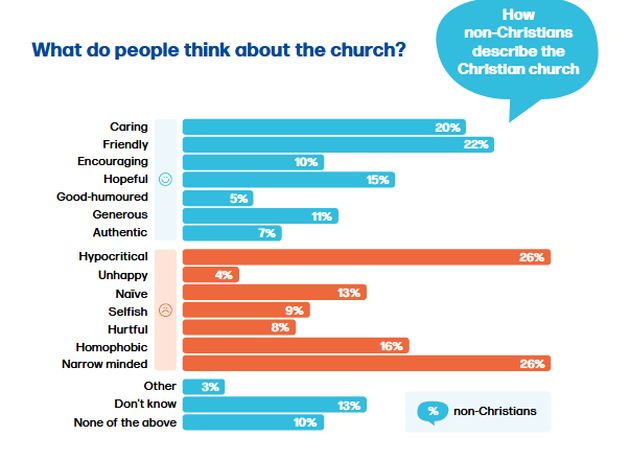
[photo_footer] Talking Jesus [/photo_footer]
Another area of the research addresses the conversation about faith issues between Christians and unbelievers.
“Non-Christians under the age of 44 are more likely to have a conversation with the Christian that they know about their faith in Jesus Christ, than those aged 45 or above”, explain the researches.
According to the data, 43% of 18-24-year-olds report sharing their faith within the past week.
Furthermore, 75% of the practising Christians surveyed believe that it is every Christian’s responsibility to share their faith, and. 77% feel confident to talk to non-Christians about it.
On the contrary, 40% of practising Christians say they don’t feel able to answer difficult questions, so that they don’t speak about their faith.
Researchers also asked the non-Christians what they remembered from the conversations they had had about faith. “The top things that they recalled were, that they were asked what they believed (33%) and that the person shared about their personal faith (30%)”.
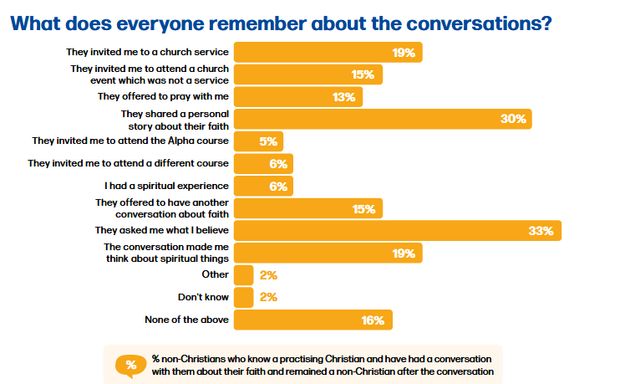
[photo_footer] Talking Jesus [/photo_footer]
“One of the key pieces of the Talking Jesus research in 2015 and now in 2022 was finding out how practising Christians came to faith”, point out the authors.
Talking Jesus shows that the main way is by growing in a Christian family (34%), followed by reading the Bible (24%) and attending a church service or going to Sunday school (19%).
Moreover, “when we look at the age at which practising Christians came to faith, it is at first obvious that the younger years are the most significant”, say the report.
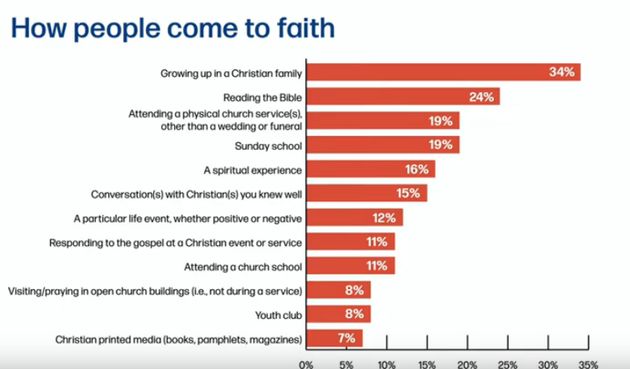
[photo_footer] Talking Jesus [/photo_footer]
The research also analyses the state of faith in the UK, how UK adults see Jesus and the interest of non-Christians in learning more about the faith after talking to a practising Christian.
According to Rachel Jordan-Wolf, Executive Director at HOPE Together, “this research tells us that there are people who want to find out more about Jesus Christ and encounter him for themselves. Now is a great moment for personal evangelism and invitation”.
“We can see that there is good news to share with the church to give us confidence and a challenge to keep going and not lose heart at this time of opportunity”, concludes Jordan-Wolf.
You can se the full report here.

Las opiniones vertidas por nuestros colaboradores se realizan a nivel personal, pudiendo coincidir o no con la postura de la dirección de Protestante Digital.
Si quieres comentar o